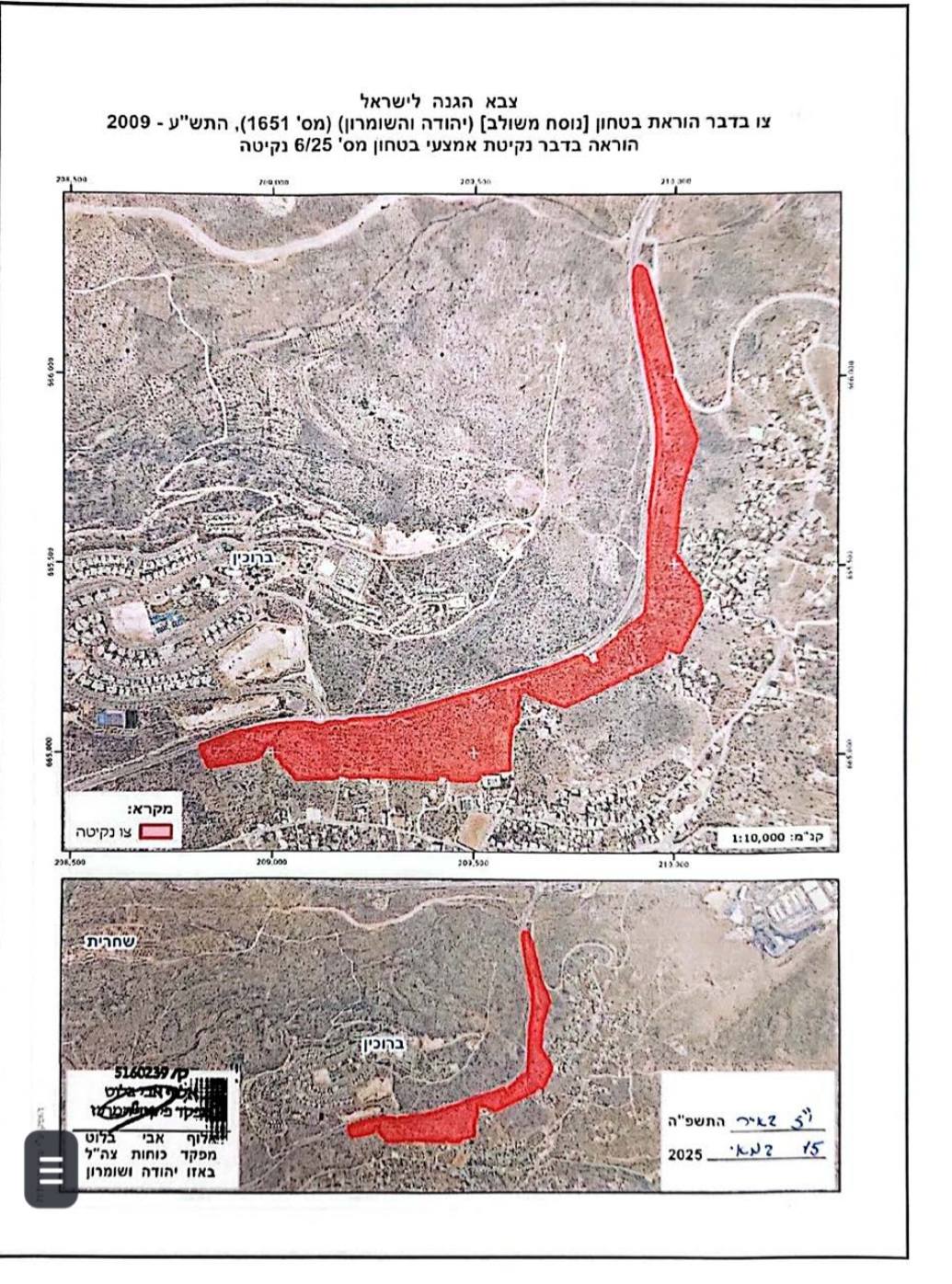BETHLEHEM, November 25, 2017 (WAFA) – At least a third of Christians and a quarter of Muslims are considering to emigrate from Palestine citing first economic then political conditions as their main reasons, according to a new study on Christian and Muslim emigration from Palestine published on Friday.
The study, which will be included in a book on Christian emigration in Palestine by the Bethlehem-based Dar al-Kalima University College of Arts and Culture that will be published on December 7, found out that 64% of Christians and 72% of Muslims named economic conditions as their main reason for considering emigration, while 19% of Christians and 21% of Muslims said political situation and 9% of Christians and 3% of Muslims named social and religious reasons.
The findings deny claims by some groups that Christians are leaving Palestine for religious reasons or persecution, according to the survey conductors, who stressed that this was never a major reason for Christian emigration.
Issa Kassissieh, a Christian official in the Palestinian Authority and its ambassador to the Vatican, said Christians are well treated in Palestine and have equal rights. He stressed that Christians occupy senior positions in the Palestinian Authority and none feel they are discriminated against.
As a matter of fact, 57% of Christians and 47% of Muslim respondents believe that policies of western countries somehow push Christians to emigrate.
The survey found out that 63% of Christians (66% in the West Bank [WB] and 18% in Gaza Strip [GS]) and 89% of Muslims believe that Israeli measures in the occupied territories influence their presence in the Holy Land and affect immigration.
Christians and Muslims cited difficulty in mobility (65% Christians, 52% Muslims), restrictions on fundamental freedoms (13% Christians, 8% Muslims), and economic barriers (9% Christians, 125 Muslims) as the main Israeli barriers standing in the way of their advancement.
In addition, 62% of Christians (65% WB 13% GS) and 94% of Muslims believe that emptying Palestine of its Christian and Muslim population is part of the Zionist project.
Surprisingly, almost a quarter of the Christian respondents believe Christians will disappear from Palestine within the next 10 years.
The survey found out that 11% of Christians and 3% of Muslims believe that Christians will disappear from Palestine within the next 5 years and 13% Christians and 4% Muslims believe they will disappear in the next 10 years. However, a majority of 78% Christians and 93% Muslims do not believe that Christians in Palestine will disappear.
Rev. Mitri Raheb, founder and president of Dar al-Kalima University, said that Christian migration from Palestine started right after the 1917 Balfour declaration that called for establishing a homeland for Jews in Palestine.
He said that Christian migration happened over several waves that included the 1948 and 1967 Arab-Israeli wars that left all of Palestine in Israeli hands and later the two Palestinian uprisings against the Israeli occupation in the late 1980s and early 2000.
Raheb, who on November 15 received the European Academy of Sciences and Arts (EASA) Rings of Tolerance award in Cologne, Germany for his contribution to a world based on justice, peace, and tolerance, said that Christians migrated first to South America, particularly Chile where 300,000 Palestinian Christians mainly from the Bethlehem area live, and then to the United States, Canada, Europe and Australia.
He said that Christians in Jerusalem decreased from more than 42,000 in 1961 to less than 30,000 in 1967. In the 2007 Palestinian population census, Jerusalem had only around 5000 Christians with around 20,000 left in Bethlehem and 11,000 in Ramallah, historically Christian cities.
Currently, Raheb believes there are around 50,000 Christians left in historic Palestine that includes the occupied territories and Israel.
M.K.










